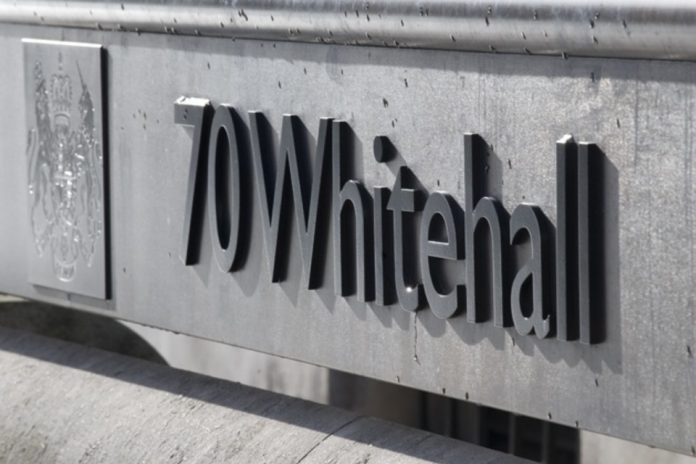- Fixed-term Parliaments Act to be repealed, fulfilling manifesto commitment
- Certainty restored to the process for triggering a UK general election
- Tried-and-tested constitutional arrangements reinstated
Tried-and-tested powers for bringing forward UK general elections will be restored by the Government, in order to deliver on a manifesto commitment and prevent stalemates in Parliament from paralysing democracy.
Legislation proposed today will abolish the current law that governs how UK Parliamentary elections are called – the Fixed-term Parliaments Act 2011 – and return the long-standing constitutional norm, whereby the Sovereign may grant a general election, on advice from the Prime Minister.
The overriding constitutional principle should be that the government of the day has the confidence of the House of Commons and is able to obtain a fresh democratic mandate from the British public when this is necessary.
Minister for the Constitution & Devolution, Chloe Smith, said:
The Fixed-term Parliaments Act caused constitutional chaos last year which, when combined with total gridlock in Parliament, meant the previous Government couldn’t deliver what it was asked to do.
Ultimately, at critical moments for our country, we trust the public to decide. So we are going back to the system that lets elections happen when they are needed. We want to return to constitutional arrangements that give people more confidence in what to expect, and more security.
The Fixed-term Parliaments Act was introduced by the Coalition Government in 2011. Under the Act, a UK Parliamentary election can currently only be triggered outside of the normal Parliamentary cycle by one of two scenarios: if two-thirds of the House of Commons vote in favour of one, or if the Government loses a vote of no confidence.
The draft Fixed-term Parliaments Act 2011 (Repeal) Bill published today will:
- Repeal the Fixed-term Parliaments Act 2011;
- Revive the prerogative powers relating to the dissolution of Parliament, and the calling of a new Parliament;
- Reaffirm the long-standing position that the prerogative powers are not reviewable by courts, providing legal clarity;
- Ensure Parliament will automatically dissolve five years after it has first met;
- Make consequential amendments to pieces of legislation that make reference to the 2011 Act ensuring their continued operation.
These measures will restore certainty to this important part of the UK constitution, while providing flexibility for exceptional circumstances – one of the fundamental tenets of a functioning and modern democracy.
Minister of State for the Cabinet Office, Lord True, said:
The Fixed-term Parliaments Act was brought forward under unique circumstances and was an exception, not the rule. As we saw last year, it resulted in far more confusion than the tried-and-tested constitutional arrangements it had hastily swept aside.
We are delivering what we pledged in our manifesto and have today presented arrangements that provide legal, constitutional and political certainty around the process for enacting a general election.
Alongside the draft Bill we have published a draft set of principles that will underpin the legal framework for dissolving Parliament and inform what would happen in the event that a Prime Minister lost a vote of confidence. Such constitutional arrangements already applied before the 2011 Act.
To ensure the proposals receive comprehensive Parliamentary scrutiny, the draft Bill and dissolution principles have been presented to a Joint Committee of cross-party MPs and Members of the House of Lords for review.







